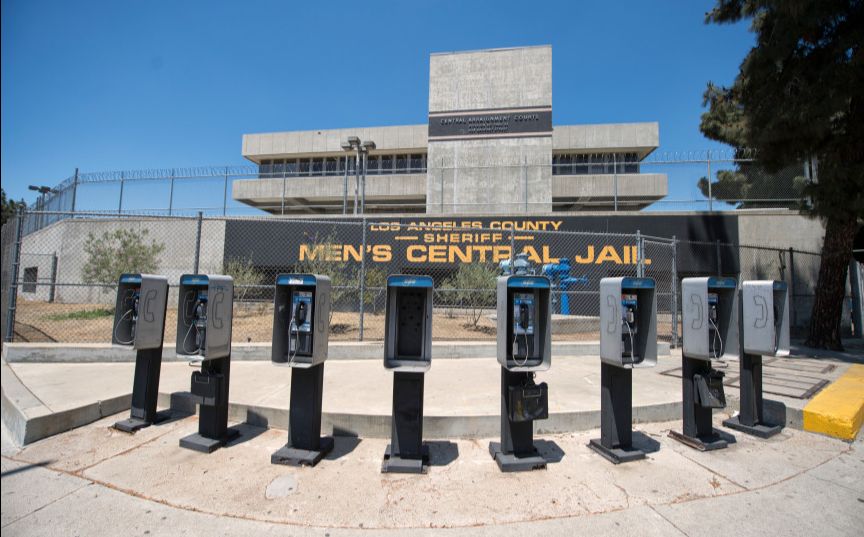
February 15, 2019
Today, the Los Angeles County Board of Supervisors voted to redirect plans for replacing the decrepit Men’s Central Jail facility in Downtown Los Angeles. Rather than move ahead with plans to replace the facility with a mental health jail known as the Consolidated Correctional Treatment Facility, the Board voted to replace the jail with a Mental Health Treatment Center operated by the Department of Health Services and staffed by the Department of Mental Health.
“Men’s Central Jail is a decrepit, outdated facility inconsistent with human values and basic decency,” said Supervisor Hahn of one of the oldest jail facilities in California. “It puts both our inmates and our sheriff’s deputies at risk. It must be torn down.”
The Board had been set to vote on whether or not to approve a design-build contract to build CCTF. Instead, Supervisors Hahn and Ridley-Thomas authored an amendment to move forward with the design-build contract but change the project to a Mental Health Treatment Center operated by the County’s Department of Health Services and staffed by the Department of Mental Health. As opposed to the CCTF jail run by sheriff’s deputies, the mental health treatment center would be a treatment-centric facility focused on healing, not punishment.
“Thousands of people in our jail system right now suffer from severe mental illness and are not getting the treatment that they need,” said Supervisor Hahn, who authored the amendment to replace the jail with a Mental Health Treatment Center. “Study after study has shown that punitive environments are counterproductive to mental health treatment. No amount of training will turn a Sheriff’s deputy into a mental health professional– nor should it. We don’t need a new jail. What we need are mental health care facilities run by mental health professionals– and that is what we voted on today.”
“Over the years, the County has learned what is effective – and ineffective – in mental health treatment and criminal justice, and it is clear that a punitive approach runs counter to our goals of rehabilitation and treatment,” Supervisor Mark Ridley-Thomas said. “The County must now embark on a collaborative planning process, led by our health leaders, to envision a new approach that provides a continuum of care for our most vulnerable residents while still ensuring public safety.”
The Departments of Mental Health, Public Health, and Health Services will report back regarding the right size, scale, and scope of the project including how the facility could fit into a continuum of decentralized clinical facilities. The ultimate goal of these facilities will be diversion to community-based mental health treatment whenever possible.



